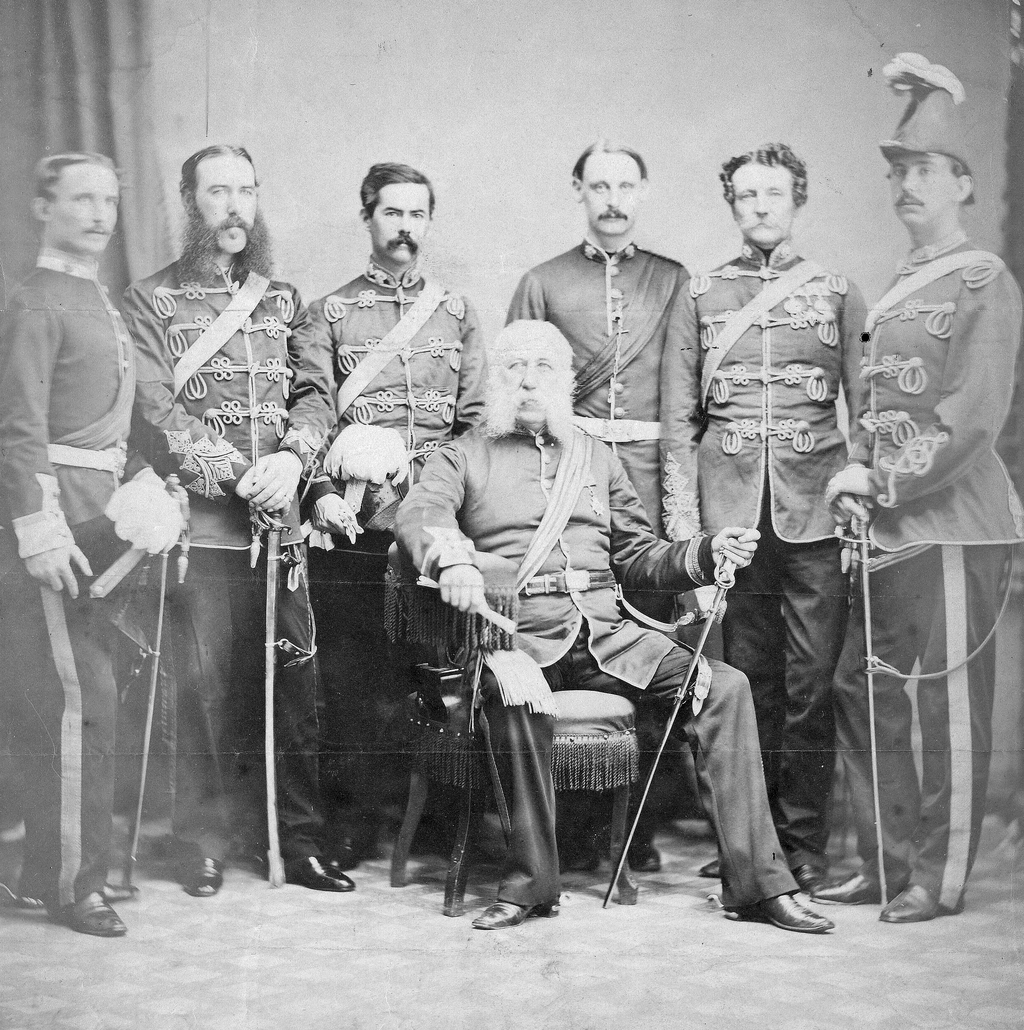On October 11, 1865, the quiet town of Morant Bay, Jamaica, hundreds of Jamaicans, led by Baptist preacher Paul Bogle, marched to the courthouse demanding justice, dignity and reform.
Their protest began peacefully, but after the colonial militia opened fire, killing seven protesters, anger turned to an uprising. The courthouse and nearby buildings were set ablaze. By the time the smoke cleared, 25 people lay dead, and the Morant Bay Rebellion had begun.
Three decades after slavery’s abolition, Jamaica’s Black majority still faced economic despair and political exclusion. Freedmen were barred from voting due to high poll taxes and denied access to land. Droughts, floods and epidemics of cholera and smallpox devastated the island’s poor, while white planters and British officials tightened their control.
In 1865, word spread of a letter by Dr. Edward Underhill, a British missionary who described Jamaica’s suffering. Impoverished Jamaicans gathered in “Underhill Meetings,” organizing petitions to the Crown. However, when Governor Edward John Eyre disregarded their appeals and the police attempted to arrest Bogle for “inciting riot,” the stage was set for confrontation.
When Bogle’s followers gathered again on October 11, they came with purpose. They had sworn to “cleave to the black and leave the white.” After the militia opened fire, the crowd retaliated, burning the courthouse, freeing prisoners, and seizing control of much of St. Thomas-in-the-East parish over the next two days.
Governor Eyre responded with martial law and unleashed brutal retribution. British troops and Maroon militias chased rebels and civilians alike. The killing was indiscriminate and over 400 people were massacred, hundreds more flogged or imprisoned and entire villages were torched.

Bogle was captured, hastily tried and executed by hanging.
Among the dead was George William Gordon, a mixed-race politician and critic of Eyre’s rule. Though arrested in Kingston, outside the martial law zone, Gordon was transported to Morant Bay, tried under military tribunal, and executed within days. His death shocked the world.
News of the bloodbath ignited a fierce moral and political firestorm in Britain. Prominent thinkers such as Charles Darwin, John Stuart Mill and Thomas Huxley condemned Eyre’s actions, forming the Jamaica Committee to prosecute him for mass murder. Meanwhile, the Eyre Defense Committee, which included writers such as Charles Dickens and Thomas Carlyle, praised Eyre for defending British rule.
Eyre escaped conviction, but the rebellion gave Britain a pretext to abolish Jamaica’s local congregation and levy direct Crown Colony rule, muting the voice of Black representation that had formed since emancipation.